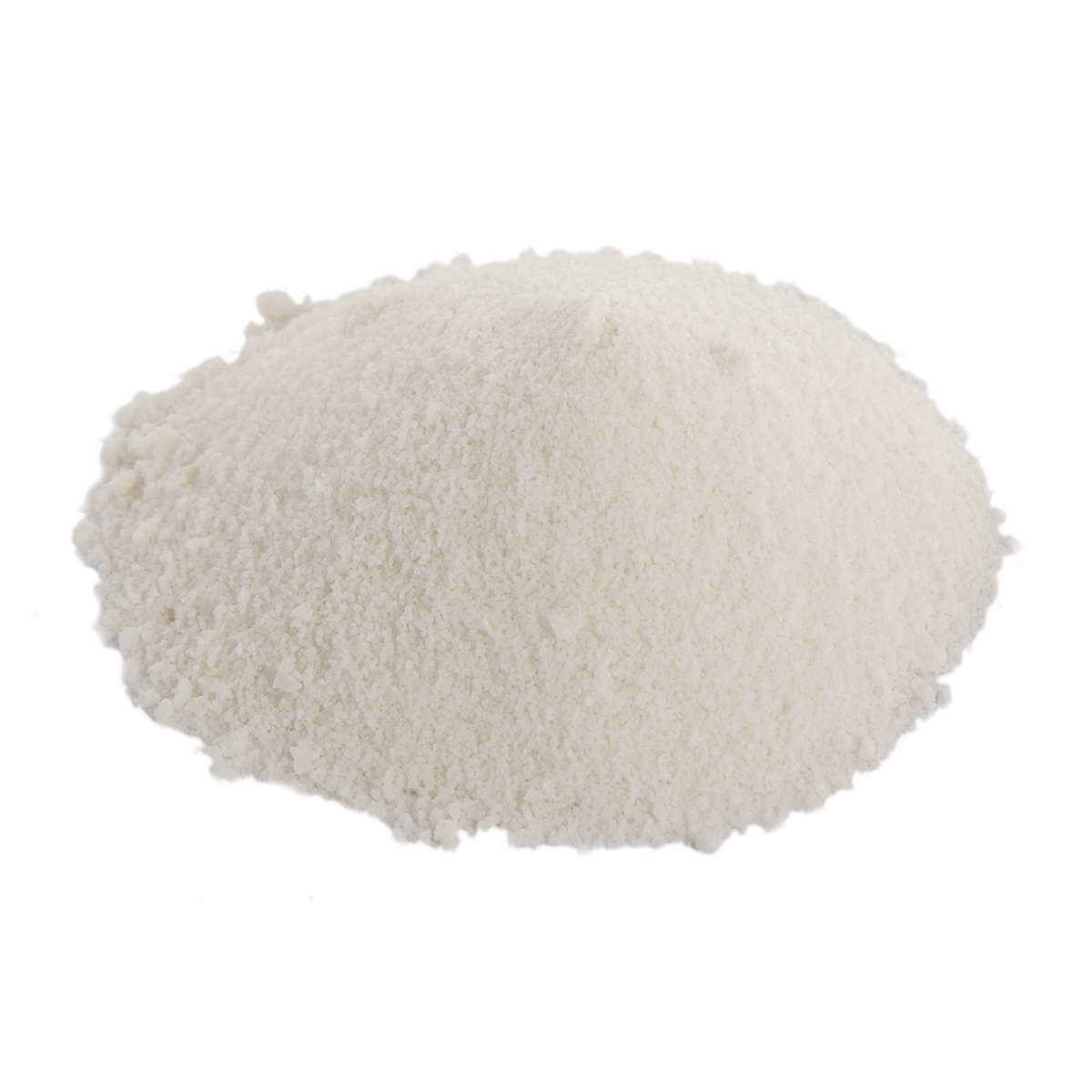
Salt is the most common seasoning to add to any food worldwide. It’s cheap, easily accessible and it does enhance the taste of food by bringing out its natural flavours. But with growing concerns that excessive salt isn’t the best seasoning for your health, we thought we’d discuss just a few of the wide range of alternative herbs and spices that can add that little extra to your cuisine and the benefits of a healthy salt intake.
The Role of Salt in Cooking
For years, salt has been used to preserve food and improve its taste. Bland foods such as carbohydrates are instantly made a little more exciting and, in some cases, salt can also be used as a colour controller, a binder and texturiser. Additionally, it is widely used as a natural preservative and is commonly used to preserve meat, fish and dairy products.
How Much Salt Should We Consume?
Salt, also known as the natural source of sodium, is one of the essential minerals in a healthy and balanced diet. It helps the body to function and achieve its full potential; in moderation, it is good for you. Many of the foods that we consume on a daily basis naturally contain salt, we just don’t realise it.
The British Heart Foundation recommends that an adult should have 6g of salt a day, which is about one teaspoon. Under consuming sodium can be as harmful as overconsuming, so sticking to this figure is a good place to start. However, salt is widely overconsumed globally and too much salt has significant links to conditions such as high blood pressure, cardiovascular disease and kidney disease. By using herbs and spices instead of salt in cooking, the health risks become significantly lower.
The Health Benefits of a Low Salt Diet
Allowing yourself the recommended daily intake of salt means that you are at much lesser risk of developing future heart problems and taking an active interest in improving your general health. Although there are plenty of ways to help lower our blood pressure, changing what we eat is one of the most effective. Much of our sodium intake comes from processed food. When we make food from scratch, it presents the perfect opportunity to cut down on salt and experiment with the vibrant flavours that herbs and spices can bring to our food.
How to Cut Back on Salt
There are plenty of seasonings, herbs and spices that you can use as alternatives to salt, without compromising any of the taste.
Herbs and Spices:
Garlic: An essential for any kitchen. Full of flavour, garlic tastes delicious in a wide range of cuisines. You can cut the salt and add double the garlic to your recipe instead! Garlic is loaded with health benefits, including immunity boosting.
Coriander: Coriander has a warm, floral and lemony flavour. It makes it a very popular addition to Indian and European cuisines. It works wonders in a curry, trust us!
Paprika: If you’re looking for a smoky, spicy kick, paprika is the one for you. It adds a little extra to a wide range of savoury food and works really well as a seasoning for potato-based sides.
Black Pepper: The other half of the classic culinary duo. If you’re looking to cut salt out of your dishes, reach for the pepper grinder instead. Black pepper can give anything the lift you’re looking for.
Thyme: A wonderful, fragrant alternative to salt, thyme goes fantastically with a lot of English cuisine. Perfect to spice up a soup, a stew or the chicken on your roast dinner, ditch the salt and add some sprigs of thyme instead!
Blends:
You can also experiment with different blends of herbs and spices to enhance any cuisine. Try rubbing these blends onto meats to infuse the flavour further. Here are some useful salt free mixes:
Italian: basil, marjoram, oregano, rosemary, thyme, sage, black pepper
Mexican: chili powder, cumin, coriander, oregano
Indian: turmeric, cumin, cardamom, cinnamon, ground mustard, coriander, black pepper
Chili: black pepper, chili powder, cumin, dry mustard, oregano, paprika
Extra Tips to Achieve A Low Sodium Diet
So, we’ve established that low salt food does not need to be bland. Here are a few other tips and tricks to ensure your dishes still hit the spot when you’ve skipped the salt.
- A great way to give your food a richer taste and nice texture, is to use fresh onions and garlic.
- Freshly squeezed lemon and lime juice makes for a versatile flavour in salads, soups and seafood.
- Whole food like beetroot, celery, carrots and spinach all contain healthy levels of sodium, by eating these you won’t be depriving yourself of fundamental minerals.
Get in Touch
At World of Spice, we understand the importance of authentic and traditional tasting cuisine and this can still be achieved without salt! Our herbs and spices are known for their purity and potency, full of delicious flavour to give your food the edge.
Our service for trade and retail is cost-effective and reliable; we go above and beyond for each of our customers to ensure that you get the produce you need. From bespoke blends to a choice of packaging, complete with custom labelling, our comprehensive service can help you achieve your culinary goals.
For more information about our services and what we can offer you, please contact us at orders@worldofspice.co.uk, or feel free to call our team on 01277 633303. We look forward to hearing from you.



